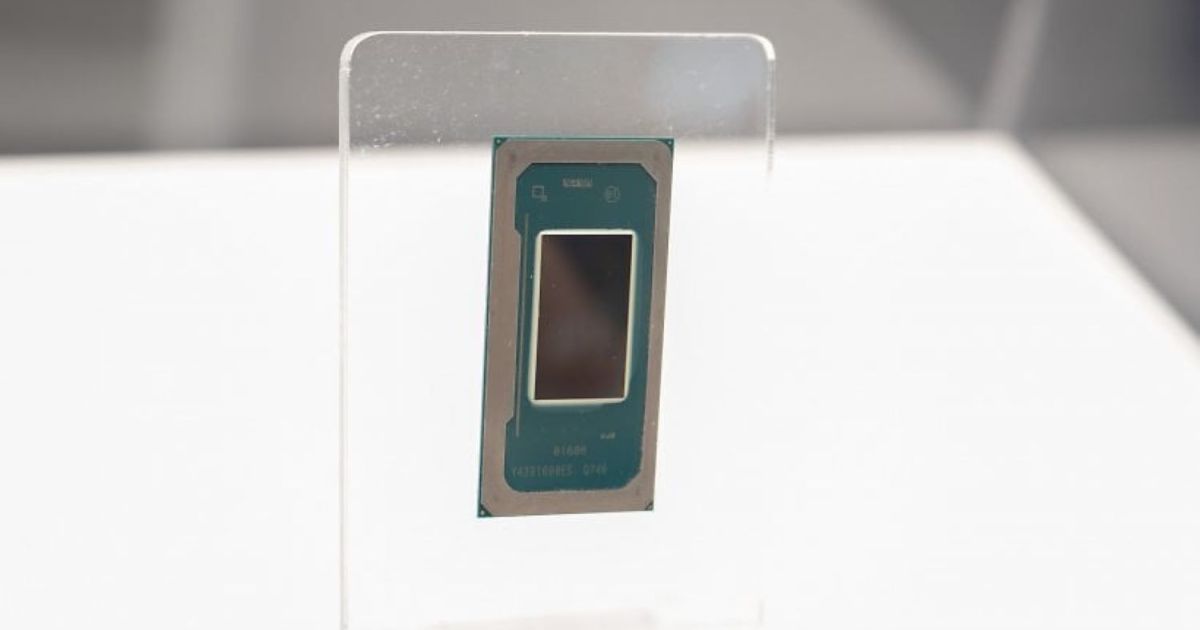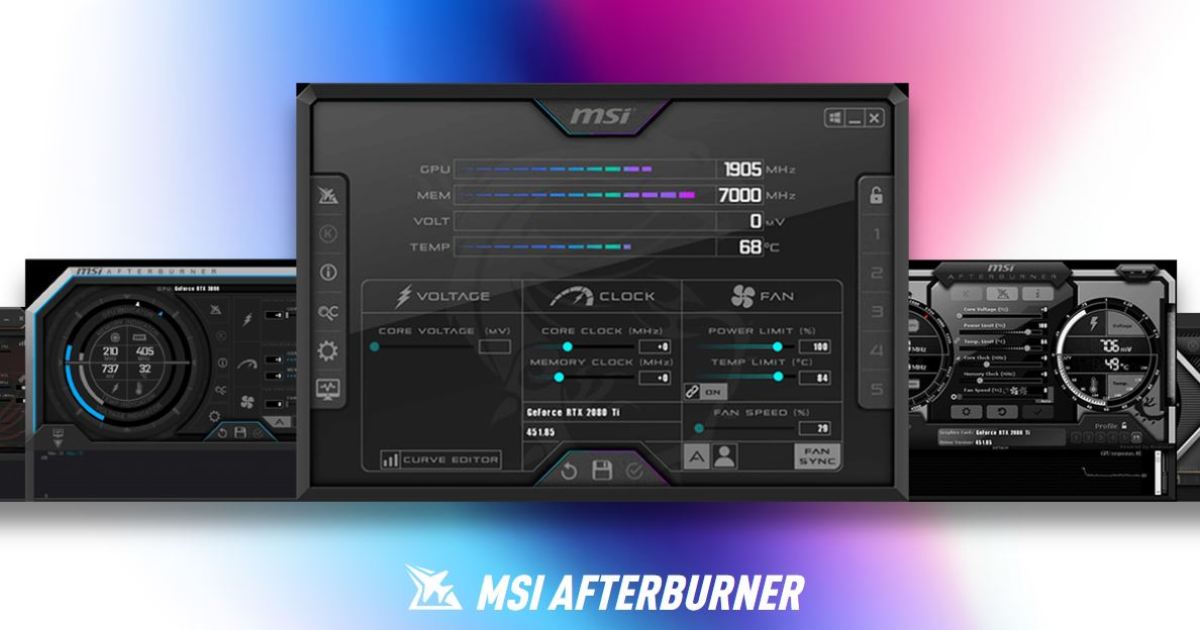Intel’s next-generation Panther Lake laptop processors, initially slated for a late 2025 release, are now projected to launch in the first quarter of 2026. This delay appears to stem from challenges with Intel’s advanced 18A process node, a cornerstone of the Panther Lake architecture. This shift could impact Intel’s competitive standing as other chip manufacturers continue developing their next-gen processors.
Leaked slides, obtained by VideoCardz, indicate a Q1 2026 launch for Panther Lake, signaling a postponement from the original timeline. These internal documents also suggest that Panther Lake might be branded as the Core Ultra 300 series, aligning with Intel’s recent naming convention changes.
Panther Lake Architecture and 18A Process Node Challenges
Panther Lake represents a significant advancement in Intel’s mobile CPU portfolio, promising enhancements in both performance and power efficiency. However, sources suggest that Intel is grappling with manufacturing difficulties related to its 18A process, potentially leading to the delayed mass production schedule. This could mean laptops equipped with Panther Lake CPUs might not be available until early 2026, several months later than initially anticipated.
Intel’s Early Enablement Program (EEP)
Despite the potential setback, Intel plans to initiate an Early Enablement Program (EEP) later this year. This program will grant select partners and developers early access to the Panther Lake architecture, enabling them to optimize software and hardware before the official launch. While specifics remain limited, this proactive approach could lessen the delay’s impact and ensure that devices featuring Panther Lake processors are ready for market upon the chips’ release.
Market Implications and Competitive Landscape
The reported delay could significantly influence Intel’s market position, particularly as competition within the laptop processor market intensifies. Rival chipmakers are also progressing with their next-generation offerings, and this delay might give them a competitive edge. While Panther Lake remains a crucial component of Intel’s roadmap, the industry will be closely monitoring whether Intel can address its manufacturing challenges and deliver these processors according to the revised schedule.
Conclusion: The Future of Panther Lake
The delay of Intel’s Panther Lake processors to Q1 2026 underscores the complexities of advanced semiconductor manufacturing. While the delay presents a challenge, Intel’s proactive approach with the Early Enablement Program suggests a commitment to mitigating the impact. The success of Panther Lake will depend on Intel’s ability to overcome the 18A process node hurdles and deliver on the promised performance and efficiency gains. The competitive landscape of the laptop processor market will undoubtedly be shaped by how this situation unfolds.











